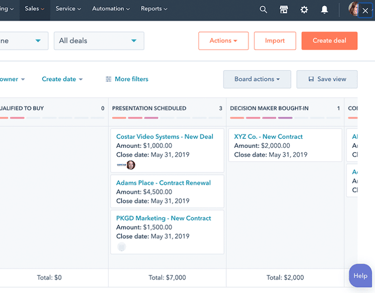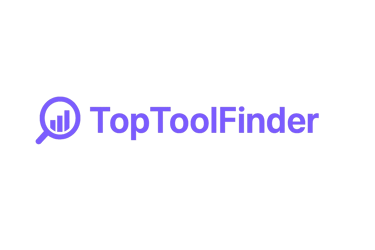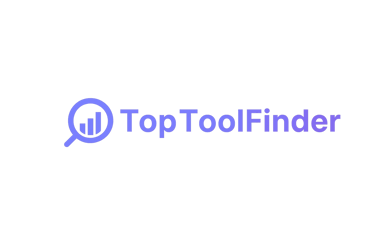What is a CRM?
Which one to choose? Do you need it at all? What can you do with it?


Understanding the Software That Powers Modern Businesses
Whether you’re running a startup, scaling a sales team, or just trying to keep your customer list organized, you've likely heard the term CRM thrown around. But what exactly is it — and why is everyone saying you need one?
CRM Meaning: What Does CRM Stand For?
CRM stands for Customer Relationship Management.
It’s a type of software that helps businesses manage interactions with potential and existing customers.
Instead of juggling spreadsheets, post-it notes, and scattered inboxes, a CRM brings everything into one place: your leads, your customer data, your communication history, and your sales pipeline.
Why Is a CRM Important?
A CRM isn't just a contact list — it’s a tool designed to build better relationships, streamline sales, and increase efficiency across your entire customer journey.
Here’s what a modern CRM can do for you:
📇 Centralize your contact data
Keep customer names, emails, past conversations, and deal status in one view — accessible to everyone on your team.⏱️ Automate repetitive tasks
CRMs can send follow-up emails, assign leads, schedule meetings, and remind you of critical deadlines without lifting a finger.📊 Track performance with real-time insights
Know which campaigns work, which deals are stuck, and where your revenue is coming from.🔗 Integrate with your entire tool stack
CRMs connect with tools like Gmail, Slack, Zoom, your website forms, and more.🤝 Enhance collaboration
Whether it’s sales, marketing, or support — your team sees the full customer picture at all times.
Who Should Use a CRM?
You don’t need to be a large company to benefit from a CRM. In fact, the earlier you implement one, the better your business foundation becomes.
CRMs are ideal for:
Entrepreneurs and solopreneurs
Startups and small businesses
Sales and marketing teams
Customer support departments
Agencies and service providers
Whether you're closing deals, booking consultations, or managing a subscription base, a CRM helps you stay organized and scale faster.
Different Types of CRMs
There are many CRM tools out there — but most fall into one or more of these categories:
Operational CRMs – Focus on automating and improving day-to-day processes like lead nurturing and deal tracking.
Example: HubSpot CRMAnalytical CRMs – Designed to help you analyze customer data and make better decisions.
Example: Zoho CRMCollaborative CRMs – These emphasize team communication and a unified customer view across departments.
Example: Salesforce
Some CRMs combine all three, depending on the pricing tier and features.
How Much Does a CRM Cost?
CRM pricing varies a lot depending on features and company size. Luckily, many tools offer free plans that are perfect for startups or solo founders.
Here's a rough breakdown:
Free CRMs – Ideal for individuals or small teams (e.g., HubSpot’s free tier)
$7–$25/month per user – Great for growing businesses needing pipelines, automation, or integrations (e.g., Bigin, Pipedrive, Zoho)
$30+/month per user – Designed for teams that want enterprise features, custom reporting, or built-in calling/email tools (e.g., Close CRM, Salesforce)
💡 Pro Tip: Always start with a free trial or freemium plan to test the interface and see if it fits your workflow.
Not Sure Which CRM Is Right for You?
There are dozens of CRMs out there, and not all of them are created equal.
That’s why we tested and compared the most popular ones in a detailed guide.
📖 Read our blog post: Top 6 CRM Tools in 2025 →
Discover the best CRMs by price, use case, pros/cons, and more — with free trials included.
Final Thoughts
A good CRM is like a digital sidekick — keeping your relationships organized, your pipeline flowing, and your team in sync. Whether you’re just starting out or preparing to scale, there’s a CRM out there that fits like a glove.
🔍 Want a tailored recommendation?
Try our Find My Stack tool and we’ll suggest the perfect CRM (and more) based on your business goals and workflow.
Your go-to hub for software tool comparisons.
Support
office@toptoolfinder.com
© 2025. All rights reserved.


